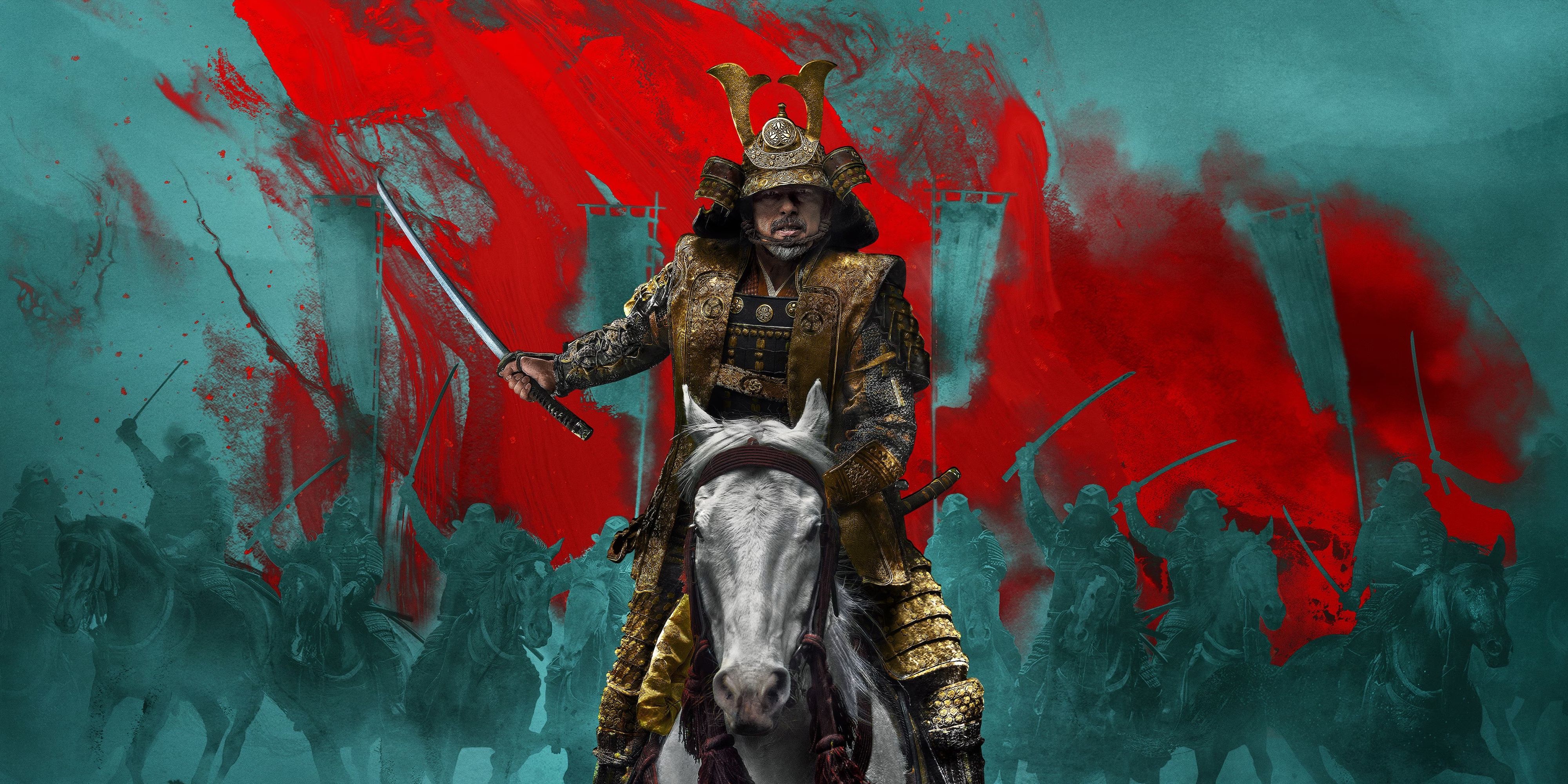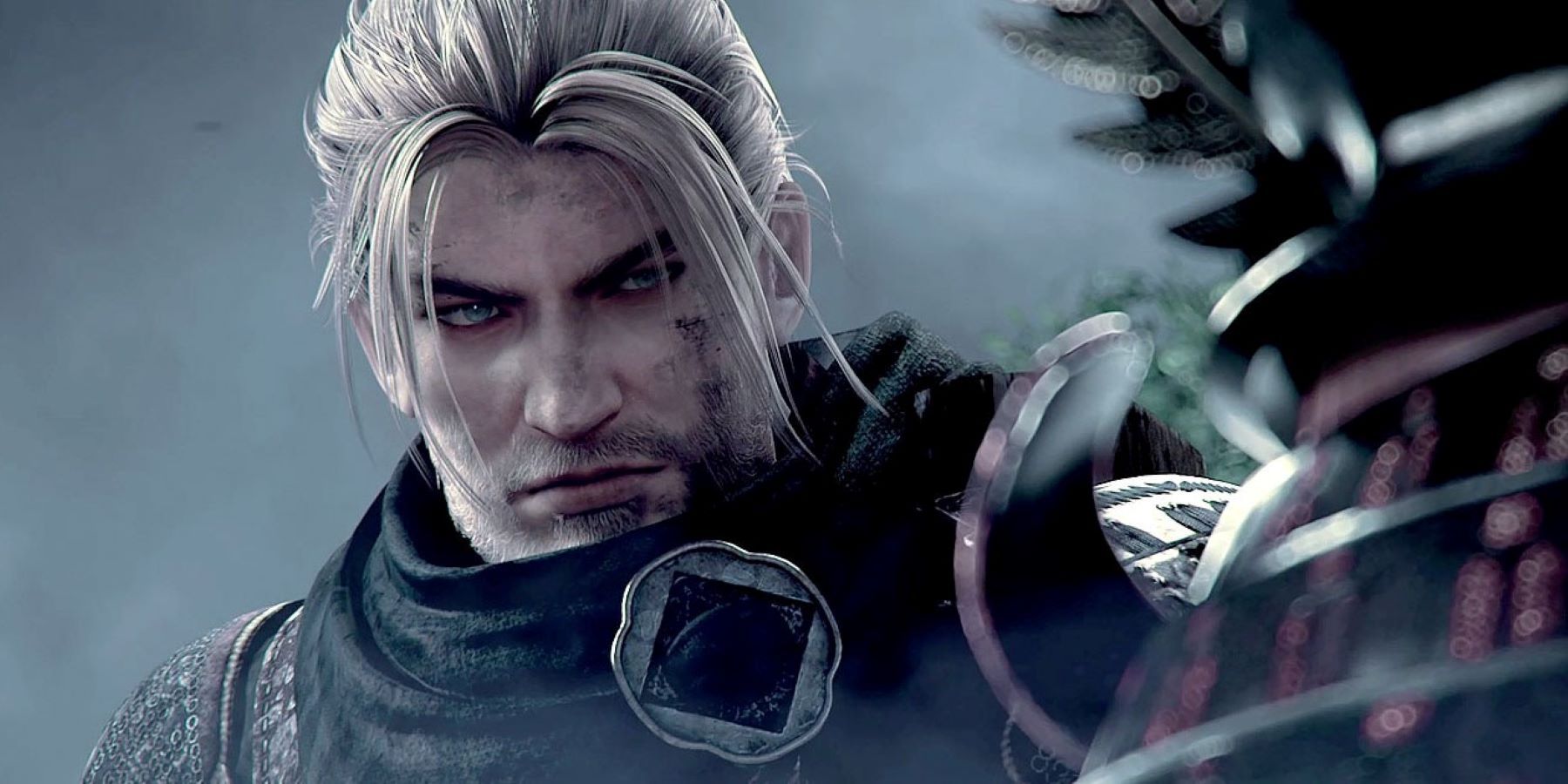The English sailor washes up in Japan to earn many derogative nicknames, but his most honorable title comes from the story’s historical inspiration.

Shogun brings Japanese history to life with the added filter of almost 50 years of fiction. The series is the most compelling thing on TV today, a cinematic epic with masterful presentation. Its narrative is sweeping, and the stakes are high, but its storytelling remains staggeringly personal. The journey of John Blackthorne to forge political alliances in the land his people have never explored takes a sharp downturn as soon as he lands. He earns a unique nickname as he finds his purpose.
Shogun is the second TV adaptation of James Clavell’s book of the same name. The classic 1980 miniseries and the original novel suffer accurate accusations of white savior tropes. Blackthorne is the story’s hero. His skills make him invaluable, his romance with a local woman is distasteful, and his perspective sinks the narrative into Orientalism. The modern adaptation shifts focus to center on the more engaging characters.
Who is John Blackthorne?

Pilot Major John Blackthorne is the sailor and navigator of the Erasmus. Richard Chamberlain portrayed him in 1980, and Cosmo Jarvis portrays him in the modern series. Born in 1564, John became a gifted sailor in England. Dutch traders, often of the Dutch East India Trading Company, hire the Erasmus to sail the Indian Ocean and reach Japan. Under Captain Spillbergen, John Blackthorne piloted the Erasmus ahead of its four fleet mates, all shattered and sunk during the voyage. Most aboard the Erasmus died of diseases or naval accidents, leaving John in charge and very few surviving crew members. John sailed the Erasmus into a storm after passing Asia, but as they emerged from the blinding fog, they arrived at a Japanese port.
John and his crewmates are immediately taken prisoner as they arrive. The language barrier leaves him at the mercy of locals who hate him and the foreigners who reached Japan before him. John was the first Englishman to step foot on Japanese soil, but the Portuguese Jesuits controlled trade from Asia to Europe. John’s marching orders required establishing new trade routes and unsettling Catholic connections in Japan. The local Portuguese dub him a heretic, and the Japanese are happy to execute him until one powerful man sees a use for the lost sailor. Lord Yoshii Toranaga is a brilliant warlord fighting several challenges to his station. He rescues John and brings him into his inner circle, wielding an outsider’s perspective to weaken his enemies. John and Lord Toranaga share common enemies, creating a new bond that will change the nation’s fate.
What does Anjin mean?




The language barrier cuts both ways in Shogun. Anjin means “pilot.” It’s a title based on John Blackthorne’s primary skill, as well as his job title on the voyage that brought him to Japan. Samurai Kasigi Omi brought the Erasmus‘ crew to shore and took them into custody. He was aggressive and dismissive of the Englishmen. After forcing a priest to translate for Blackthorne’s fluent Portuguese, Omi discovered that the Japanese language couldn’t adequately express John’s full name. Omi’s native tongue lacks the necessary sounds and symbols for Blackthorne. He dubs John “Anjin.” John insists he be referred to as “Anjin-San,” with an appropriate honorific. Most Japanese characters call John Anjin-San throughout the book and TV series. He gains titles, but most know him as Anjin-San. The intertextual logic makes perfect sense, but it’s more than a narrative decision.
Who was the original Anjin?

Shogun is loosely based on the life of William Adams, the first English sailor to reach Japan. Adams was dubbed Miura Anjin, “The pilot of Miura.” Adams was a pilot who sailed under a Dutch captain to reach Japan. He entered the employ of Tokugawa Ieyasu and became a trusted advisor. He spent most of his adult life in Japan, eventually gaining recognition as a Western Samurai. He helped Ieyasu construct Western-style ships, establish overseas trading factories, and run the Red Seal expeditions. Adams’ tale becameShogun, but James Clavell changed the characters’ names. William Adams explained his love of the land he lived and died in like this:
The people of this Land of Japan are good of nature, courteous above measure, and valiant in war: their justice is severely executed without any partiality upon transgressors of the law. They are governed in great civility. I mean, not a land better governed in the world by civil policy. The people be very superstitious in their religion, and are of diverse opinions.
Shogun is a historical story with a fictional twist. The tale of William Adams is compelling, but inventing new figures allows the author and showrunners to play with details. Anjin-San, like Miura Anjin, starts as a convenient title to save Japanese soldiers from the language barrier, but it becomes the noblest term of the character’s life.





